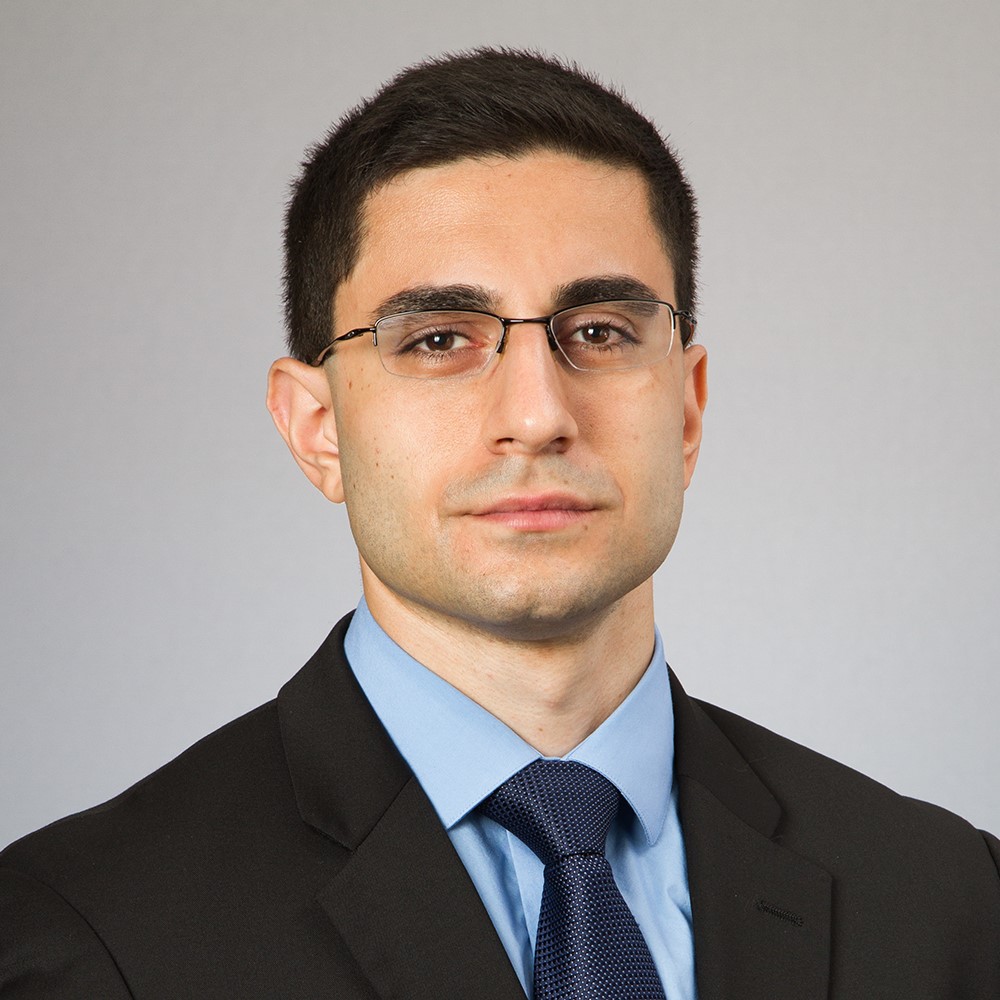
Dario Machleidt
Partner
Dario Machleidt is a partner at Kilpatrick Townsend & Stockton LLP. Mr. Machleidt is a patent litigator. He has chaired several jury trials and an International Trade Commission hearing, examining multiple witnesses in each case. He was a member of the Kilpatrick Townsend team that represented Dr. Barry in his patent infringement suit against Medtronic. Mr. Machleidt put on the first expert of the case and also cross-examined a Medtronic witness. After the seven-day trial, the East Texas jury found that Medtronic willfully infringed Dr. Barry’s patents, rejected its invalidity defenses, and awarded Dr. Barry $20.3 million. The National Law Journal recognized the verdict as one of the “Top 100 Verdicts of 2016.” The Federal Circuit affirmed the decision in January 2019.
Between March and April 2014, Mr. Machleidt served as a Special Deputy Prosecutor in the King County Prosecuting Attorney’s Office. He served as co-trial counsel in five felony jury trials. Mr. Machleidt selected juries, presented opening statements and closing arguments, and examined numerous witnesses during his time as a Special Deputy Prosecutor.
Prior to joining Kilpatrick Townsend, Mr. Machleidt worked as an associate in the Seattle office of a national law firm. While there, he played a critical role in Bowman v. Monsanto Co., a pro bono patent case that reached the U.S. Supreme Court. He was the only associate to chair the Supreme Court oral argument. During law school, Mr. Machleidt served as a judicial extern for Judge Randall R. Rader of the U.S. Court of Appeals for the Federal Circuit. He was also a Comments and Articles Editor of the Pacific Rim Law & Policy Journal.
Mr. Machleidt was recognized as a Washington “Rising Star” from 2012 to 2021 by Super Lawyers magazine. He was also recognized in 2022 as one of the “Best Lawyers: Ones to Watch” for Intellectual Property Litigation by The Best Lawyers in America®. From 2011 to 2014, Mr. Machleidt received the Pro Bono Publico Service Commendation from the Board of Governors of the Washington State Bar Association. He actively participates in the Washington legal community and mentors at the University of Washington School of Law.

Recent Articles by Dario Machleidt
Patent systems around the globe offer a quid pro quo that exchanges limited monopolies for disclosures of inventions. Most patent filings list: (1) the inventor(s); and (2) the applicant. The applicant may be an assignee (e.g., company, university, organization, etc.) with rights to seek patent protection on innovations that were identified during employment and that were within a scope of employment. Frequently, the assignee is a current or former employer of the inventor(s). In some jurisdictions (e.g., in the United States), the inventor(s) hold the rights to prosecute the patent application and assert any resulting patent unless and until the inventor(s) assign those rights to another entity (which is frequently done in employment and work?for?hire contracts). In some jurisdictions (e.g., the European Union), it is presumed that the party that applied for a patent holds the rights to the patent application. Thus, it is well-established that non-human entities may be the applicant, assignee, and/or owner of a patent. However, it is not well-established that a non-human entity may be an inventor on a patent applicant. Multiple patent offices (e.g., USPTO, UKIPO, and WIPO) have been considering what the standard in this respect should be.

![[IPWatchdog Logo]](https://ipwatchdog.com/wp-content/themes/IPWatchdog%20-%202023/assets/images/temp/logo-small@2x.png)
